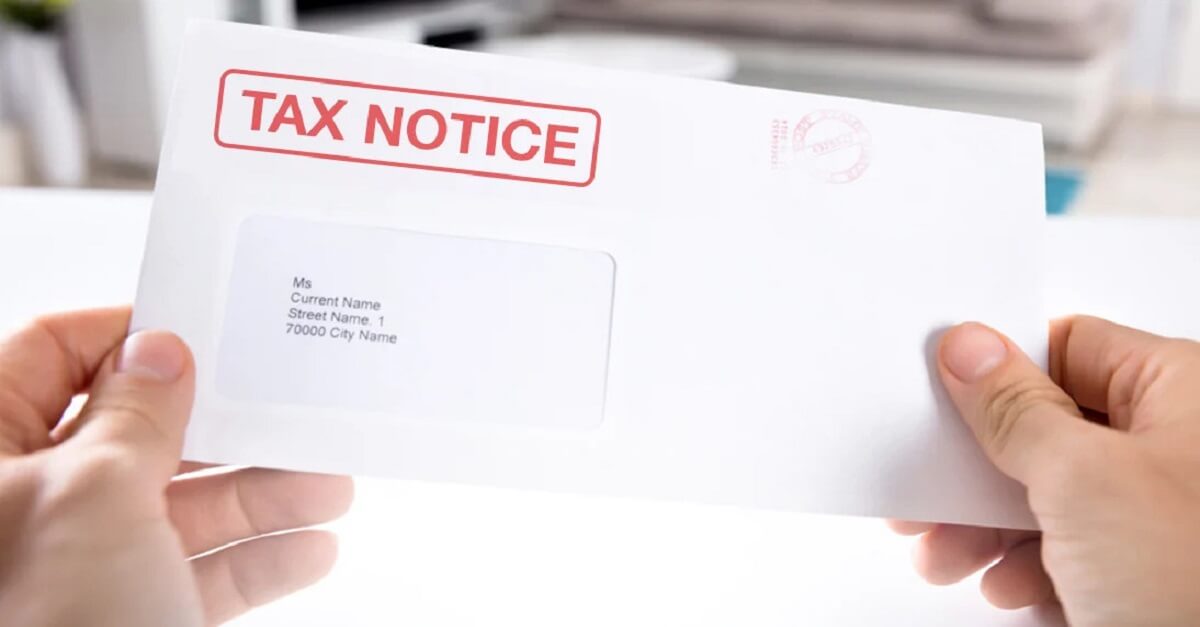what to do if you
receive an income tax notice in India.
Receiving an income tax
notice from the Indian tax authorities can be a stressful experience. However,
it’s crucial to approach the situation calmly and take appropriate steps to
handle the notice. In this post, we will outline the necessary actions you should
take if you receive an income tax notice in India.
1.
Don’t Panic
The first and most
important step is to remain calm and not panic. Receiving a tax notice might be intimidating, but it’s essential to
approach the matter rationally. Take the time to understand the reason behind
the tax notice. The income tax department usually provides detailed explanations of the issue
in their notices, along with a deadline.
2.
Verify the Notice’s Authenticity
Before taking any
further action, ensure that the notice is genuine and not a fraudulent
attempt to obtain sensitive financial information. Look for the taxpayer’s
Permanent Account Number (PAN), a unique Document Identification Number (DIN),
and other essential details. You can cross-check the authenticity of the notice
by visiting the official Income Tax Department website.
3.
Understand the Reason for the Notice
Carefully read and
understand the contents of the notice to determine its issuance. The notice may
pertain to underreported income, discrepancies in tax payments, non-disclosure of certain financial
transactions, or any other tax-related matter. It’s crucial to identify the
specific issue addressed in the notice to prepare an appropriate response.
4.
Collect Relevant Documents
Gather all relevant
documents, such as income statements, bank statements, investment proofs,
and tax return filings, to support your case when responding to
the notice. Having these documents on hand will help you provide accurate
information and address any concerns raised in the notice effectively.
5.
Prepare a Comprehensive Response
Draft a comprehensive
and clear response addressing the concerns raised in the notice. Be honest and
transparent, providing all necessary explanations and supporting documentation.
If you are unsure about how to respond or the complexities involved in your tax
matter, consider seeking assistance from a qualified tax professional, such as
a chartered accountant or a tax lawyer. They can guide you through the process
and help you prepare an appropriate response.
6.
Respond within the Stipulated Time
Adhere to the deadline
mentioned in the notice for responding. It is essential to respond within the
given time frame to avoid further complications, including potential penalties.
Failure to respond within the specified time may result in additional fines or
legal consequences.
7.
Follow Up with the Income Tax Department
After submitting your
response, follow up with the Income Tax Department to ensure that they have processed
your case and addressed all matters adequately. Maintain copies of all
communications, including your response and any documents submitted, for your
records.
8.
Cooperate and Provide Accurate Information
Remember that
cooperating with the tax authorities and providing genuine and accurate information is
essential. Failure to comply with the notice or attempting to provide false
information may result in penalties or legal consequences. It’s always a good
idea to be proactive with your taxes, maintain accurate records, and file your tax returns diligently to minimize the likelihood of receiving
an income tax notice in the first place.
Receiving an income tax notice can be daunting, but by following these
steps and seeking professional guidance if needed, you can effectively navigate
the process and address any concerns raised by the Indian tax authorities.
Remember, timely and accurate compliance is key to resolving the notice and ensuring a smooth tax journey.




Follow us on